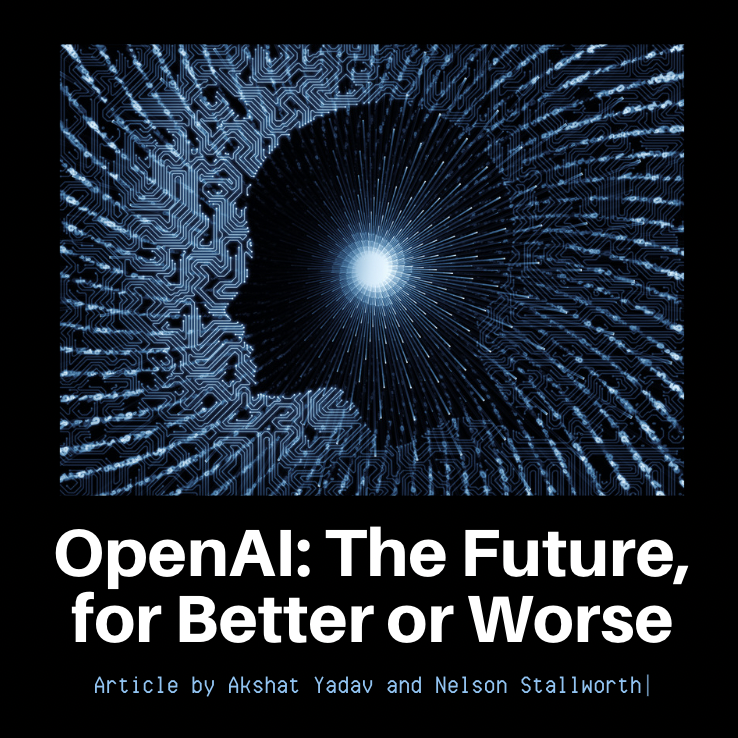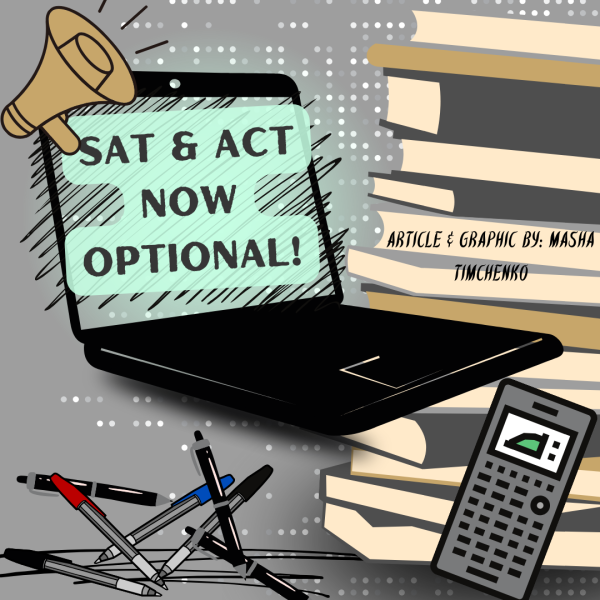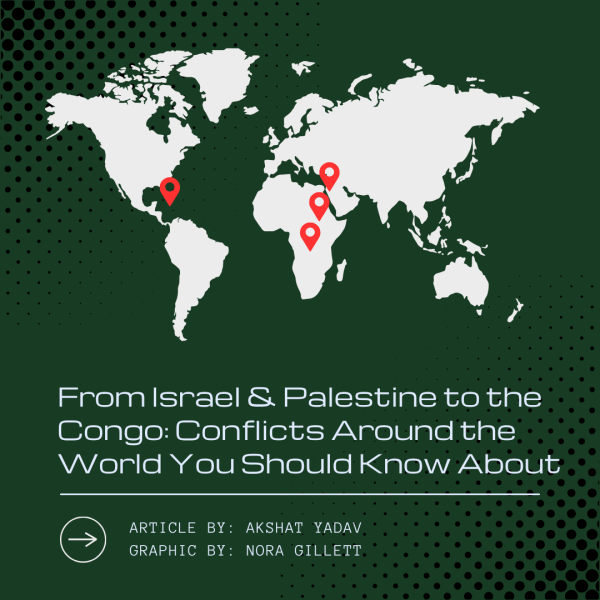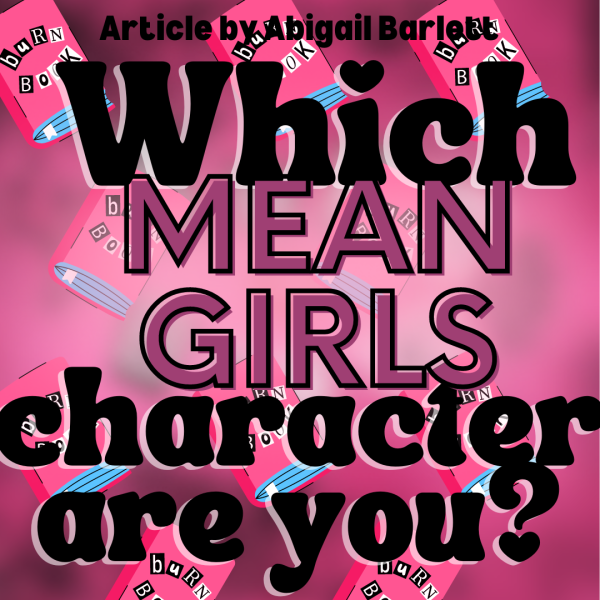OpenAI: The Future, for Better or Worse
In just five days, ChatGPT has reached a staggering 1 million users, making it one of the fastest-growing websites in history. Developed by the research institute OpenAI, ChatGPT is a conversational AI that allows users to have natural, free-flowing conversations with a computer. ChatGPT is capable of generating a wide range of content, from recipes and stories to emails and plans. With its advanced language processing abilities, ChatGPT can write nearly anything. Many are saying that ChatGPT could revolutionize the way we interact with technology. Teachers and schools are worried about the use of OpenAI in cheating because it has the potential to be used to generate answers to test questions, homework assignments, and other educational materials. This could potentially undermine the integrity of the educational system, and as a result, many schools and educational organizations are taking steps to prevent using AI in cheating.
But, one of the most significant concerns for teachers and the academic community is exemplified best through the above paragraph: It was written by the AI, with near human-like diction. Though the site is banned on Enloe’s wifi network, the use of the site for homework and projects creates a potential danger for teachers expecting authentic, unplagiarized work from students, while foreshadowing a future that critics describe as an obsolescence of humanity.
For proponents, the greatest benefits of ChatGPT and similar AI lie in their convenience and erudition. For them, gone is the need to spend precious time deciphering a difficult math problem, or building a functional code, freeing up time for other, more uniquely human pursuits, such as the arts, or exploration. Interestingly enough, the most significant dangers of progressively complex AI, too, lie in convenience.
Mr. William Potter, a computer science teacher here at Enloe, expressed that the problem with artificial intelligence is that “you’re not learning anything.” Especially in an academic context, one could “[have an AI] write a paper on some historical war and present it as if to say ‘Hey, I am now an expert on it.’” The potential for cheating abounds, most often without consequence. As AI advances, experts warn that it becomes increasingly difficult to distinguish the work of a computer from the work of a human writer, breeding laziness, and as a result, academic dishonesty.
Many remain wary of the future of AI outside of an academic context as well; using AI to solve any problems that aren’t formulaic in their nature (that is, able to be solved by an algorithm and a Google search). According to Potter and other critics, AI, ethically speaking, is still very much “in its infancy,” and the possible reliance on AI to solve multifaceted moral problems would lead to ethical issues.
Despite the abundance of drawbacks to the pursuit of AI, proponents of its use think abandoning it altogether isn’t a realistic solution due to its ability to solve complex problems. As Mr. Potter noted, AI was key in the “crack[ing of] the COVID genome sequence,” the foundation of smart assistants, the development of self-driving cars, innovation in translation, etc.
Regardless of one’s position on artificial intelligence, the industry is expected to grow rapidly and make its way into nearly every part of life. Already, companies like Netflix, Twitter, Amazon, and Apple utilize artificial intelligence to automate several of their processes, and more are expected to follow in their paths. Only time will tell how artificial intelligence will truly shape humanity.
Works Cited
Bringsjord, Selmer. “Artificial Intelligence (Stanford Encyclopedia of Philosophy).” Stanford.edu, 2018, plato.stanford.edu/entries/artificial-intelligence/.
“ChatGPT.” Chat.openai.com, chat.openai.com/chat.
“ChatGPT: What Can the Extraordinary Artificial Intelligence Chatbot Do?” The Guardian, Jan. 2023, www.theguardian.com/technology/2023/jan/13/chatgpt-explainer-what-can-artificial-intelligence-chatbot-do-ai.
“What Is ChatGPT, the Artificial Intelligence Text Bot That Went Viral?” ABC News, abcnews.go.com/Technology/chatgpt-artificial-intelligence-text-bot-viral/story?id=94857599. Accessed 13 Jan. 2023.
Your donation will support the student journalists of Enloe Magnet High School, allowing us to cover our annual website costs. We are extremely grateful for any contribution, big or small!

(He/him)
Nelson is a senior looking forward to another year as a part of the Eagle's Eye. When he's not hanging out with friends and family, he can...
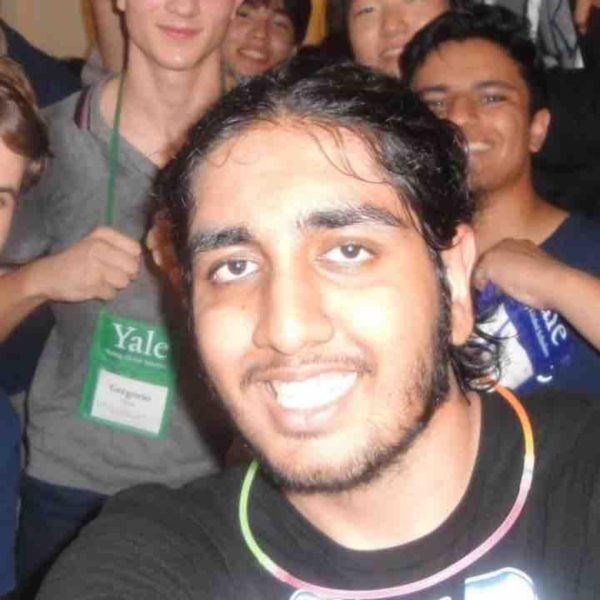
(He/him)
Akshat is a senior here at Enloe. He is excited to return for his third year on the staff to work on the Eagle's Eye's newest (and best) section,...


